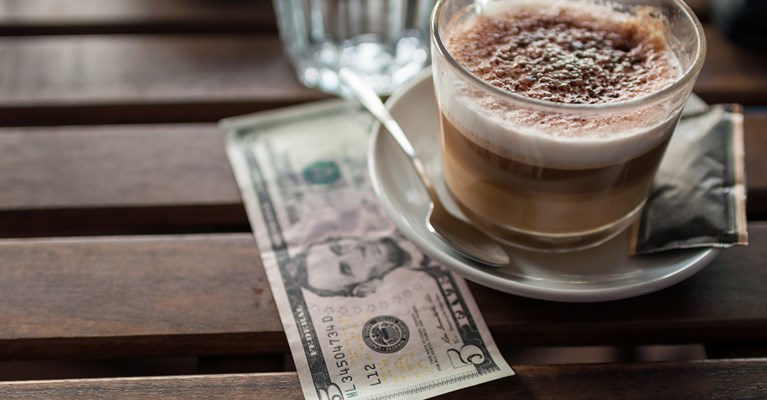
Buying foreign currency for your holiday is all about making the most of your money with a good exchange rate. What your money will buy you can change from country to country depending on the currency, but the best thing you can do is make sure you’re not losing out by paying more than you need to.
How do I get the best exchange rate?
Finding a good exchange rate for your money is all about planning. You may find you’ll get less for your money if you buy foreign currency at the airport, or in particularly touristy places, as these bureaus will usually have the most expensive rates. With that in mind, it’s best to get ahead of the game and buy your currency well ahead of travelling so you can take advantage of lower exchange rates.
Visiting your local Asda Travel Money bureau in-store is a great option, as we’ll beat any exchange rate you find within 5 miles, so you can be confident you’re getting a great deal. Ordering online is also a great way to buy your travel money at a cheaper exchange rate compared to bureaux, airports and tourist destinations.
What’s the cheapest way to exchange currency?
One way to get a good exchange rate is to plan ahead and buy your currency before travelling, as what’s more difficult to predict is whether your money will be worth more or less when you’re abroad due to the ever changing currency values. You could spread out your currency purchases rather than buying in one go to reduce the effect of any changes in the international exchange rate.
Is it safe to order foreign currency online?
Buying foreign currency online from a reputable source is perfectly safe. There are security checks and systems in place to ensure your money is safe during the process. We only deliver your money directly to your home address where it must be signed for, or we hold it in-store for you to pick up.
Can you get commission-free travel money?
Many travel money providers and currency exchanges charge commission on the money you’re exchanging, which can make it more expensive. At Asda Money, we don’t charge commission on any of our currency exchanges, so you don’t have to worry about any extra costs when buying your travel money from us.
The Asda Rewards price for Asda Travel Money will be preferential compared to the standard rate advertised at your chosen place of purchase (being either online via https://money.asda.com/travel/travel-money/ (Website) or in-store at an Asda Travel Money bureau) on the date of purchase. Asda Rewards prices are only available on the sell rates of currencies in stock on the date of your purchase. When purchasing online, you must enter a valid Asda Rewards number found in the Asda Rewards App or Website to obtain the Asda Rewards price rate. When purchasing in-store, you must show the Asda Rewards barcode found in the app. Asda Rewards pricing available for Asda Travel Money purchases only offers you a more preferential exchange rate, you will not receive or be entitled to any Asda Rewards on your purchase. We reserve the right to withdraw this offer at any time and without prior notice.
Please note that Asda Travel Money Online Services Terms and Conditions are available at https://travelmoney.asda.com/asda/page/termsandconditions.
Asda Travel Money is provided by Travelex Agency Services Limited, registered number: 04621879. Registered Office: Worldwide House, Thorpewood, Peterborough, PE3 6SB